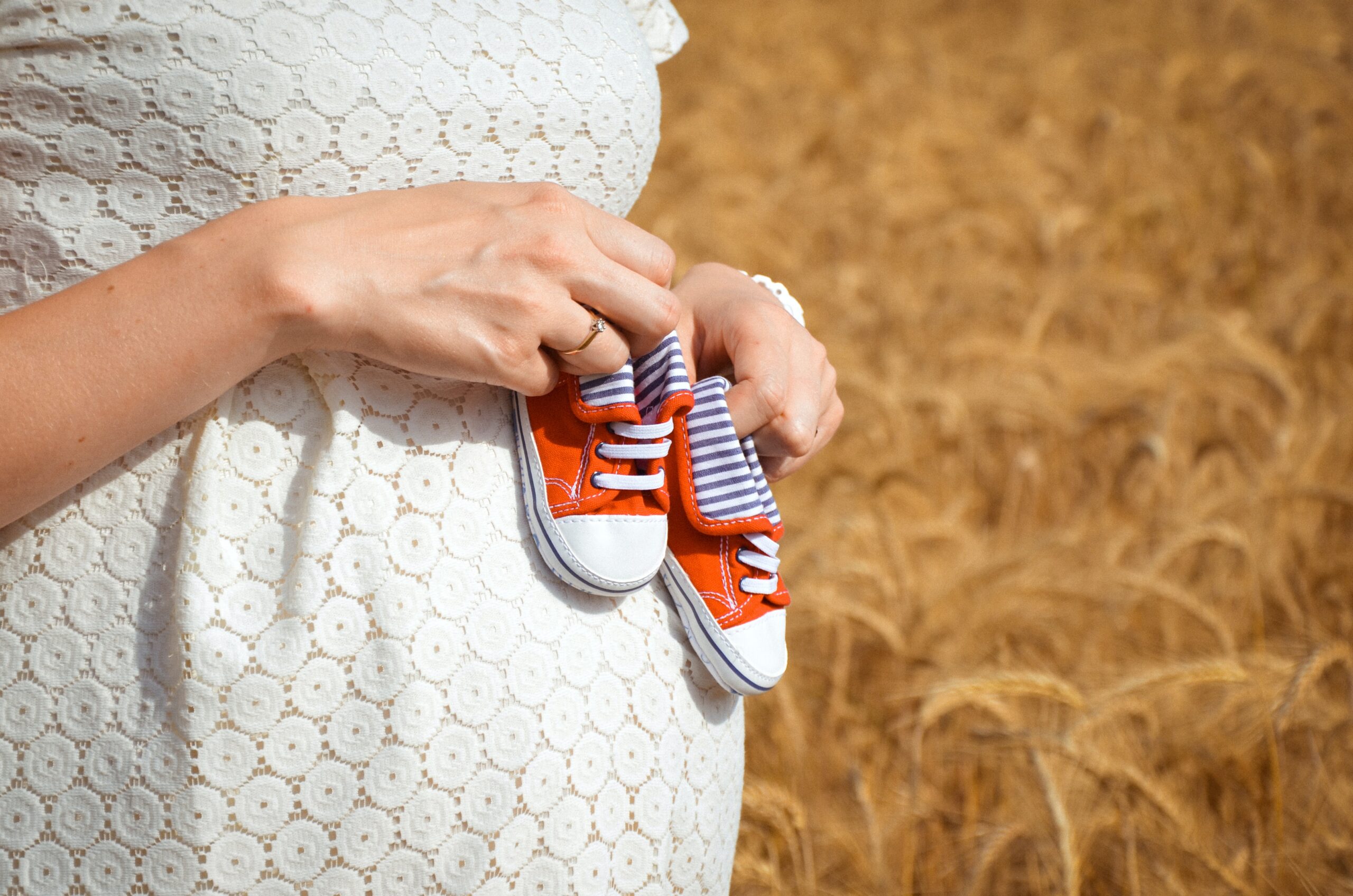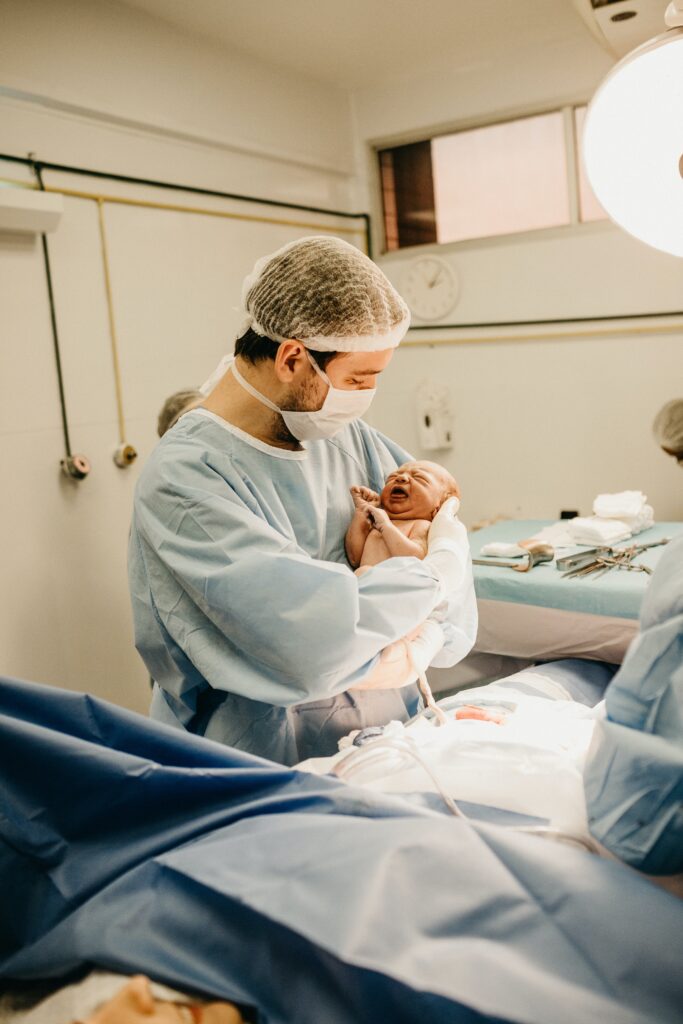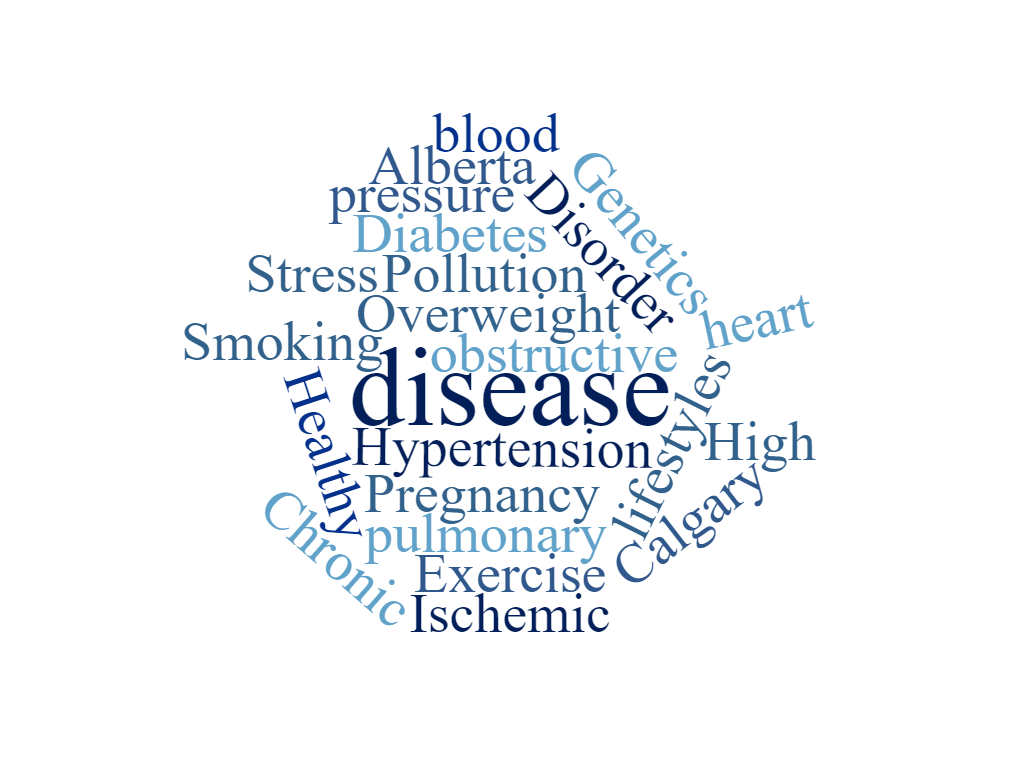Fertility is the natural ability to produce offspring. Women’s fertility is a precious gift that allows them to create life.
Unfortunately, women’s fertility declines after 35 as women age, and eventually ceases altogether. This can be a difficult thing to come to terms with, but it’s important to remember that there are still many options available to those who want to start a family.
There are a number of fertility treatments available that can help women conceive, and many women go on to have healthy and happy families. So, if you’re struggling with your fertility and trying to conceive, don’t give up hope – there is help out there, and this is a great article for you to read.
In the next five sections, we will dig into the issue of women’s fertility and its different sides including resolutions and how a compounding pharmacy can intervene and help.
- Fertility 101: everything you need to know about women’s fertility
- The fertility myth: busting common misconceptions about women’s fertility
- Myth #1: You’re most fertile in your 20s
- Myth #2: You can’t get pregnant if you’re not having sex regularly
- Myth #3: You can’t get pregnant if you have sex during your period
- Myth #4: You can’t get pregnant if you’re on birth control
- Myth #5: You can’t get pregnant if you have Polycystic Ovary Syndrome (PCOS)
- The fertility journey: one woman’s story of overcoming infertility (fictitious characters but scientifically and practically true)
- The fertility diet: what to eat (and avoid) for a healthy fertility
- The fertility workout: exercises to improve your fertility
Fertility 101: everything you need to know about women’s fertility
When it comes to fertility, there is a lot of misinformation out there. This blog section aims to set the record straight on some common myths and misconceptions about women’s fertility.
For starters, it is a common misconception that women are most fertile in their 20s. The truth is, women’s fertility starts to decline in their mid-30s. By the time a woman reaches her 40s, her fertility has decreased significantly.
Another myth is that you can’t get pregnant if you have sex during your period. This is simply not true. While it is less likely to conceive during this time, it is still possible.

It is also a myth that you can’t get pregnant if you are overweight. While being overweight can decrease fertility, it does not mean that you cannot conceive.
Finally, there is the myth that fertility treatments are always expensive. While some treatments can be costly, there are many options available that are affordable.
If you are trying to conceive, it is important to be informed about your fertility. By debunking some of the common myths, you can help increase your chances of getting pregnant.
Several topics need to be discussed including the different stages of a woman’s fertility cycle, how to determine when you are most fertile, and what factors can affect your fertility.
The different stages of a woman’s fertility cycle
A woman’s fertility cycle is the time between the first day of one menstrual period and the first day of the next. It usually lasts about 28 days, but it can range from 21 to 35 days. The cycle is divided into two phases: the follicular phase and the luteal phase.
The follicular phase begins on the first day of bleeding and ends when ovulation occurs. During this phase, the lining of the uterus thickens in preparation for a possible pregnancy. The egg that will be released during ovulation is developed during the follicular phase.
The luteal phase begins after ovulation and ends when the next menstrual period begins. During this phase, the egg that was released during ovulation is fertilized by a sperm. If fertilization does not occur, the egg breaks down and is shed along with the lining of the uterus (this is called menstruation). If fertilization does occur, the egg becomes implanted in the lining of the uterus and pregnancy begins.
Check our free online pregnancy calculator to calculate your possible conception and due dates.
Determine when you are most fertile
When you are most fertile, you have the highest chance of conceiving. To increase your chances of conceiving, you should have sex during your fertile window, which is the days leading up to and including ovulation.
There are a few ways to determine when you are most fertile. One way is to track your basal body temperature (BBT). Your BBT is your temperature when you first wake up in the morning. It’s usually lower than your temperature later in the day.
Your BBT usually rises about 0.4 to 1 degree Fahrenheit (0.2 to 0.6 degree Celsius) above your baseline temperature when you ovulate. If you take your temperature every morning and chart it on a graph, you’ll be able to see when your temperature rises.
You can also track your cervical mucus. This is the discharge from your vagina. It changes throughout your menstrual cycle, getting thicker and stickier before ovulation. Then, it becomes thin and watery after ovulation.
If you track your cervical mucus, you’ll be able to see when it changes. This can help you predict when you’re going to ovulate.
You can also use an ovulation predictor kit. This is a test that you can do at home. It measures the level of luteinizing hormone (LH) in your urine. LH is a hormone that surges just before ovulation.
If you want to get pregnant, you should have sex during your fertile window. This is the time when you’re most likely to conceive.
What factors can affect your fertility
There are many factors that can affect fertility, including age, weight, smoking, stress, and sexually transmitted infections.
Age is the most important factor, as fertility declines with age. Women in their 20s have a much higher chance of conceiving than women in their 40s.
Weight can also affect fertility. Women who are overweight or underweight may have difficulty conceiving.
Smoking cigarettes can also decrease fertility. Women who smoke have a lower chance of conceiving than women who do not smoke.
Stress can also affect fertility. Women who are under a lot of stress may have difficulty conceiving. Stress can interfere with the hormones needed for ovulation.
Sexually transmitted infections or diseases can also affect fertility. If a woman has an infection, it can damage her fallopian tubes and make it difficult for her to conceive.
The fertility myth: busting common misconceptions about women’s fertility
When it comes to fertility, there are a more of myths and misconceptions out there than we discussed in the beginning of this article. And it’s no wonder, with all the conflicting information out there. So, let’s bust some of these common myths about women’s fertility.
Myth #1: You’re most fertile in your 20s
Wrong! While it’s true that your fertility declines as you age, your 20s are not necessarily the best years for baby-making. In fact, according to a study done at the University of Calgary in Alberta, Canada, the average age of peak fertility is actually 28. So, if you’re in your 20s and hoping to start a family, don’t wait too long!
Myth #2: You can’t get pregnant if you’re not having sex regularly
Another myth busted! You can actually get pregnant even if you’re not having sex regularly. How? Well, sperm can live inside the body for up to 5 days, so if you have sex just before or during ovulation, you can still get pregnant.
Myth #3: You can’t get pregnant if you have sex during your period
Nope, not true! While it’s unlikely that you will get pregnant if you have sex during your period, it is still possible. How? Well, sperm can live inside the body for up to 5 days, so if you have sex just before or during ovulation, you can still get pregnant.
Myth #4: You can’t get pregnant if you’re on birth control
Wrong again! While birth control is an effective way to prevent pregnancy, it is not 100% effective. In fact, the average failure rate for birth control is about 9%. So, if you’re on birth control and hoping to avoid pregnancy, be sure to use a backup method, like condoms.
Myth #5: You can’t get pregnant if you have Polycystic Ovary Syndrome (PCOS)
Contrary to popular belief, you can still get pregnant if you have PCOS. In fact, according to a study done at the University of Alberta, about 50% of women with PCOS will ovulate with the help of medication. So, if you have PCOS and are hoping to get pregnant, don’t give up hope!
So, there you have it! Five common myths about women’s fertility, busted!
The fertility journey: one woman’s story of overcoming infertility (fictitious characters but scientifically and practically true)
When trying to conceive, most couples expect to get pregnant within the first few months. For some couples, however, it can take much longer. According to the National Infertility Association, about 10% of couples in the United States have trouble getting pregnant or sustaining a pregnancy.
For these couples, the journey to parenthood can be a long and difficult one. It can be emotionally and physically draining and can take a toll on their relationship.
One woman who knows this all too well is Calgary, Alberta resident, X. X and her husband, Joel, had been trying to conceive for over two years when they finally decided to seek help from a fertility specialist.
After undergoing a number of tests, X was diagnosed with the polycystic ovarian syndrome (PCOS), a condition that can make it difficult to ovulate. Her doctor determined that X needs Clomid. Clomid is a medication to stimulate the increase of body hormones to support the growth and complete release of a complete and mature egg from the ovaries.
X found that Clomid tablets and capsules are not commercially available in Canada. Furthermore, X is vegan and has an allergy to animal products, so she knows that she needs to get her Clomid in plant-based capsules. After a meticulous search, she found that a compounding pharmacy within Calgary can help.
Compounding pharmacies could be an important part of the fertility puzzle because they can customize medications to meet the specific needs of each patient. This is especially important for women with fertility issues, who may need medication that is not commercially available in standard doses.
Compounding pharmacies can also work with patients to create custom fertility treatments that are not available commercially. This can be a great option for women who have been unsuccessful with other fertility treatments.

A compounding pharmacy in Calgary received the doctor’s prescription for X, compounded the medication and packaged it in plant-based capsules per X’s request. Because X is vegan and she knows that normal capsules
With the help of the compounded Clomid medication, X was finally able to ovulate and become pregnant.
However, her pregnancy was far from easy. X experienced a number of complications, including preeclampsia, a condition that can be dangerous for both mother and child. Thankfully, X and her baby made it through and are now healthy and happy.

X’s story is just one example of the many challenges that couples face when trying to conceive. For couples who are struggling with infertility, it is important to remember that you are not alone. There are many resources and support groups available to help you through this difficult time.
The fertility diet: what to eat (and avoid) for a healthy fertility
The fertility diet is a diet that is claimed to improve fertility. The diet is based on the premise that certain foods can improve fertility and that avoiding certain other foods can improve fertility. The diet has been popularized by a book called The Fertility Diet, which was written by a team of fertility experts.
The diet recommends that women who are trying to conceive should eat a diet that is high in vegetables, whole grains, and lean protein, and low in animal fat. The diet also recommends that women who are trying to conceive should avoid caffeine, alcohol, and processed foods. The diet claims that following these recommendations can improve fertility by up to 50%.
The diet has been criticized by some doctors, who claim that there is no evidence that the diet actually improves fertility. However, the diet has been shown to improve fertility in some studies.
The fertility workout: exercises to improve your fertility
There are many exercises to improve fertility in indirect ways. That means they increase body circulation, and regulate body hormones, body weight, and blood pressure. Examples of these exercises include walking, Kegels, bicycling, yoga, Pilates, and swimming.

Generally, women should be careful with strenuous exercises such as running or CrossFit because it can affect women’s ovaries (especially those women on fertility medications) and hence could interfere with their ovulation and menstruation.
A study was conducted in the period of 2015 to 2020 to determine the effect of high-intensity interval training (HIIT) on increasing the fertility of women having PCOS. It was found that low volume HIIT could improve the status of the PCOS, while high volume HIIT had little effect on the same status.
Thanks for reading this blog post. If you like it, please share it using the buttons below with your friends, family, and colleagues.




